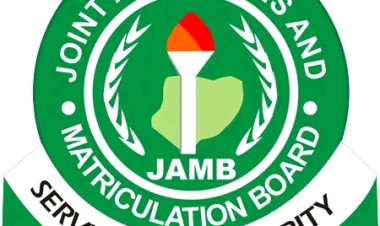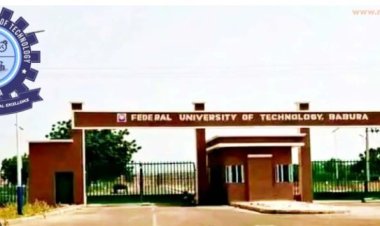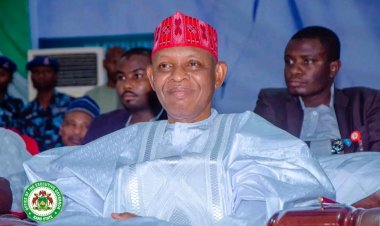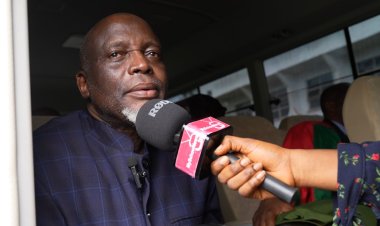44 Students Bag First Class as Benue State University Confers 17,925 Degrees and Diplomas
Benue State University (BSU), Makurdi, will confer 17,925 degrees and diplomas at its combined convocation ceremony this weekend. Among the graduands, 44 earned First Class honors.
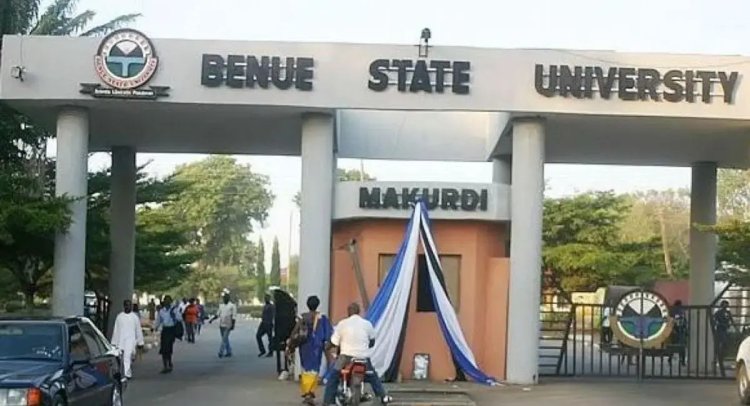
Benue State University (BSU), Makurdi, will confer 17,925 degrees and diplomas during its combined convocation ceremony this weekend. The Vice-Chancellor, Prof. Joe Iorapuu, disclosed this during a pre-convocation briefing held Thursday, marking the 22nd, 23rd, and 24th convocation ceremonies of the institution.
According to Prof. Iorapuu, the breakdown includes 15,101 Bachelor’s degrees, 72 Postgraduate Diplomas, 2,196 Master’s degrees, and 556 PhD degrees. Among the graduates, 44 students earned First Class honors and will receive prizes for their outstanding academic achievements.
In addition to the academic awards, the university will confer honorary doctorate degrees on six distinguished Nigerians, including former Benue State Governor Senator Gabriel Suswam. Posthumous honors will also be awarded to the late Wantaregh Paul Unongo, a former Minister of Steel Development, and Lt. Colonel Joseph Akaahan, a former Chief of Army Staff.
Prof. Iorapuu, whose tenure as Vice-Chancellor is nearing completion, highlighted this convocation as his last in office. He noted that Governor Hyacinth Alia, the university's Visitor, has directed that BSU return to the tradition of holding annual convocation ceremonies to avoid future delays.
Reflecting on his administration's achievements, Prof. Iorapuu noted significant milestones, including the completion of the Centre for Food Technology and Innovation Complex (CEFTIC), the rehabilitation of the university's waterworks, the renovation of the central library, the construction of a perimeter fence, and the installation of furniture in a new 576-bed student hostel.
He commended Governor Alia for prioritizing the university’s development, which has facilitated the institution's growth and expansion.
However, the Vice-Chancellor acknowledged challenges, including disruptions to the academic calendar, rising operational costs due to market volatility, high diesel prices, and energy tariffs. He also noted ongoing staff welfare concerns and the difficulty of securing grants in a competitive environment as issues that need addressing.

 Chris Oyeoku Okafor
Chris Oyeoku Okafor 